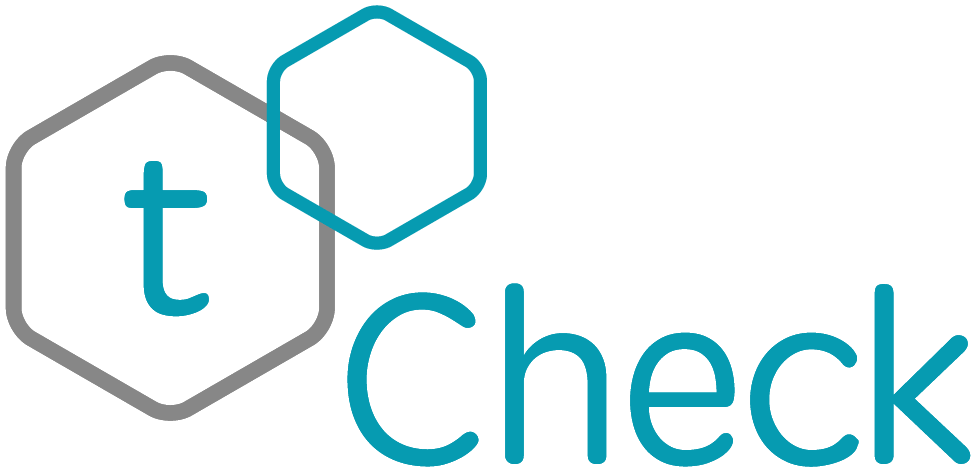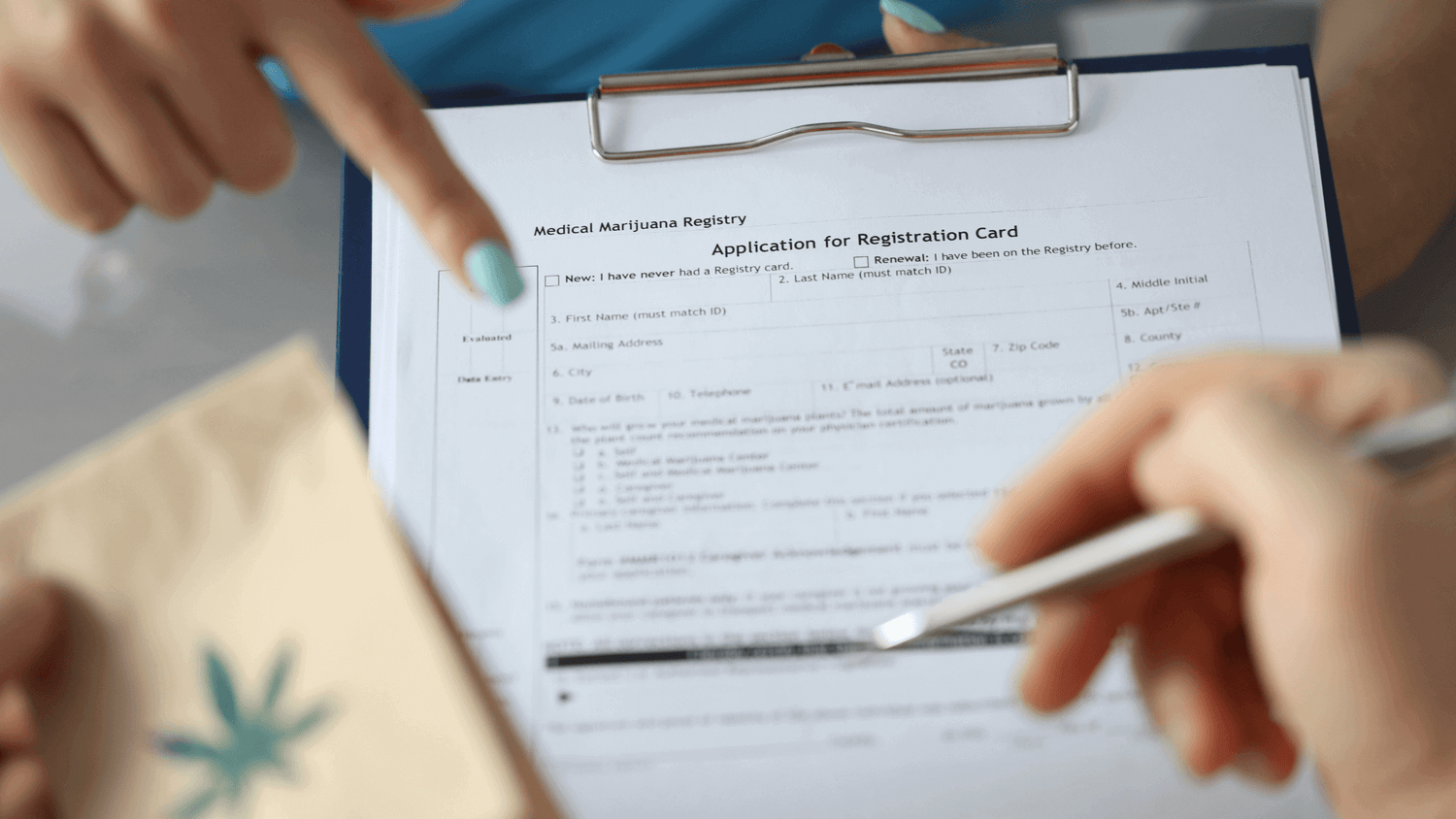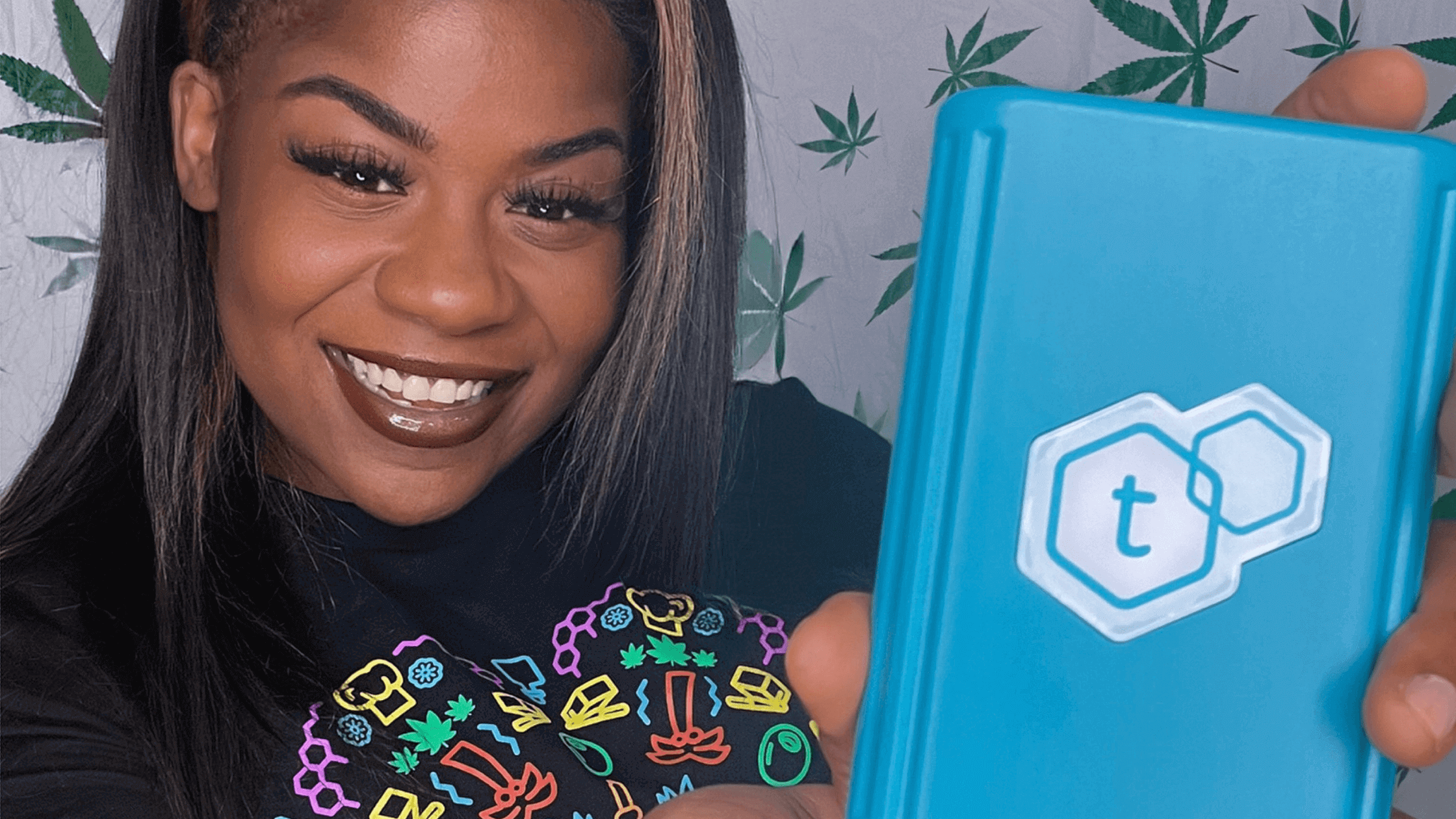The US medical establishment is finally recognizing the therapeutic potential of cannabis. Although weed remains illegal at the federal level, many states have legal medical marijuana (MMJ) programs. There are also a few FDA-approved drugs that contain cannabinoids like CBD or THC.
While some American adults can buy cannabis at legal recreational dispensaries, others might need an MMJ card to purchase weed. Even if you're in a weed-tolerant state, you may not get the weed you need with standard purchasing limits. A MMJ card typically gives holders extra privileges like access to a caregiver, home delivery services, and a higher purchase threshold.
If you're thinking about adding medical marijuana to your treatment strategy, there are a few steps you need to take to obtain your MMJ card. The laws governing medical marijuana vary state by state, but most follow a similar protocol.
A Step-By-Step Guide To Getting A Legal MMJ Card
First Off, See If Cannabis Is Legal!
This step may seem obvious, but some mistakenly assume medical marijuana is OK everywhere nowadays. Yes, more states are adopting MMJ programs, but not everyone is on board just yet. Please review your state's latest cannabis policies to ensure MMJ cards are legal.
It's also essential to remember that every state has unique rules for buying, using, and selling medical marijuana. Take a close look at your state's average age requirements and purchasing limits so there are no surprises as you start your MMJ card application.
Find A Doctor Skilled In MMJ Prescriptions

After reviewing your state's MMJ policies, it's time to schedule an appointment with a primary care physician. Ideally, you should see a doctor who has prior experience with medicinal marijuana. Recent surveys suggest general practitioners are receiving more requests for cannabis, but not everyone has the same willingness to write an approval letter for patients.
The odds your doctor will give you a "green light" depend on multiple factors, including the physician's previous experience prescribing cannabis and your condition. Most likely, a doctor who has already allowed some patients to use cannabis will better understand what strains and cannabinoid concentrations may work for your situation.
Please listen to your doctor's professional opinion on using cannabis, especially if you're already taking other medications. In some cases, cannabis may not be a wise idea, so you must listen to your physician's advice.
Apply Online Or At Your State's Health Agency
Once you have a written approval letter from a doctor, you can usually apply for an MMJ card online. Your local Department of Health will often have a portal for MMJ card applications. Although every state's requirements are different, you'll usually have to enter your IDs (e.g., a driver's license and proof of residence) along with your doctor's signed letter to get an MMJ card.
Please remember that most states charge a one-time non-refundable fee to submit your MMJ card application. Since you can't get this money back after you submit your form, it's worth the effort to carefully review your state's MMJ policies. Please double-check that your age and medical condition match your state's requirements.
Not every state allows patients to use medical cannabis for every medical condition. For instance, there's still a lot of debate over whether THC marijuana is acceptable for people with generalized anxiety or glaucoma. Also, some states only include "high-CBD extracts" in their "medical cannabis" programs.
If you have any inkling your MMJ card application will get denied, call your state's Department of Health.
Assuming your application is successful, your DOH will probably send you an email letting you know you've been approved. Now, simply wait for your MMJ card to arrive in the mail.
Are you testing your cannabis potency?
Find Your MMJ Dispensary & Mind Your Purchasing Limits
Most often, state-approved medical marijuana dispensaries are in big cities. You may find a few in the outskirts of metropolitan areas, but you'll probably enjoy the best selection of cannabis items in densely-populated zones.
Please scan Google Maps to see which MMJ dispensaries are closest to you. You could also read online reviews for different shops to see if they'll have the products you're most interested in.
If your medical condition makes it difficult to visit a physical dispensary, you may want to inquire about caregiver or MMJ delivery services. Not every state is OK with marijuana deliveries, but a few like California have opened up to this industry. You may also find your state allows MMJ patients to work with registered caregivers who can bring marijuana to your residence.
However you choose to shop for cannabis, please remember that there are strict purchasing limits everyone needs to abide by. MMJ patients are usually allowed to stash more cannabis on their premises than legal recreational users, but please ensure you never exceed these limits when purchasing cannabis-related goods.
Can I Get CBD Without An MMJ Card?
A common misconception MMJ patients have is that they need a cannabis card to purchase CBD-rich oils. You can buy hemp-derived CBD products in most states without an MMJ card. The 2018 US Farm Bill federally legalized all hemp extracts with ≤ 0.3 percent delta-9 THC. Therefore, the US government doesn't have an issue with average adults buying and using high-CBD products.
A few cannabis-restrictive states like Idaho may make it challenging for customers to purchase CBD items, but most US states have few issues with low-THC hemp goods. However, please remember that FDA-approved CBD medications are only available with a prescription. Most notably, Epidiolex for childhood epilepsy is for patients with a doctor's approval.
If you have specific questions about whether CBD would work in your wellness routine, it's always best to speak with a medical professional.
Take Extra Care With A tCheck THC Tester
Proper dosing is always significant when using marijuana, but it's essential for MMJ patients. Since people use MMJ more frequently to manage their symptoms, using an improper dosage could significantly decrease this drug's efficacy. In some cases, using the "wrong" amount of weed could worsen some conditions.
Despite the growth in the medical marijuana sector, the FDA doesn't inspect products that land on a dispensary's shelves. State-approved medical dispensaries should provide detailed lab reports with their cannabis extracts, but there are cases where these dosages may be off.
Thankfully, MMJ patients can be proactive about their health by using a device like the tCheck tester. Our award-winning THC/CBD potency scanner can analyze the total cannabinoids in your flower, tincture, or edible. This priceless info will help patients determine a safe cannabis dose to manage their symptoms without disrupting the flow of their day.







